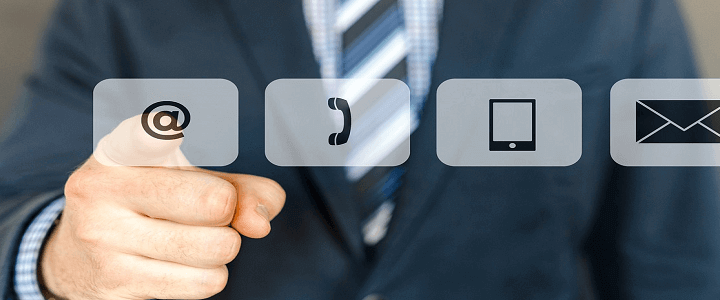“We make too many wrong mistakes.” – Yogi Berra
Earlier this week, my computer chimed, like it usually does when an email drops into the inbox. I reached for the mouse, clicked on Outlook, then clicked again on the newly-arrived message. I started to read the message, then made the face: a sort of half-squint, half-frown, usually accompanied by an obscene three-letter acronym. First, the message didn’t make a lot of sense. It rambled on through multiple paragraphs filled with sentences marked by numerous spelling and grammatical errors. Some sentences seemed to be missing words, which didn’t help matters. Second, I didn’t understand why I was receiving the message. It was only tangentially related to my job, and the “to” line contained so many names that it was difficult to discern who the message was actually intended for. I replied only to the sender – I’m not a huge fan of “reply all” email – and asked if the message was meant to include me. The response: “I thought you would want to know.”
I really didn’t.
When it comes to email, I communicate in a way not unlike how I once did over a military radio net. Short bursts, clear and unambiguous, only those words necessary to convey purpose and intent. If additional information is required to communicate my message, I’ll typically add an attachment and keep the email short. Most of my email is “point-to-point” and I don’t usually include recipients on a message unless the information is required for them to make informed decisions. I don’t spend any more time on email than I have to, and I don’t want others to, either.
Despite the fact email has been around for decades – and doesn’t seem likely to go away anytime soon – people still struggle with it. You would think that years of use would make us all more proficient, but that’s clearly not the case. If anything, we seem to be getting worse, not better. It ain’t rocket science, and a little bit of email etiquette goes a long way toward keeping you on the right side of the face.
Find your BLUF.
When using the subject line, keep it simple, keep it direct. Bottom line up front. “Hi” is not a subject, it’s just annoying. So are subject lines in ALL CAPS.
Email is not an episode of “The View.”
Only send your email to the people who need to read it, not everyone in your contact list. And always keep in mind that anything you put in an email can be archived, forwarded, or otherwise used in a manner you didn’t intend. The modern definition of humiliation is seeing your “confidential” email posted to U.S. Army WTF Moments.
The “Reply All” button is not your friend.
There’s not a lot more to say. Just say “no” to the reply all rant.
You’re not Hemingway.
Keep your email focused, brief, and clear. Email is already a time-suck; don’t make it worse by writing lengthy, rambling emails. When all else fails, follow the “Three Bs” rule: be brief, be brilliant, be gone.
You’re not Noah Webster, either.
Use your spell and grammar check functions. Nothing makes your emails more memorable – in a bad way – than to write like fourth grade was the toughest three years of your life.
You’re also not George Carlin.
It’s all fun and games until your hilarious diatribe about your boss gets forwarded around the office. Save your humor, save yourself.
And you’re not Lincoln, in case you wondered.
Yes, we know you’re clever and you can Google famous quotes. Stick to contact information and leave the pithy quotes for your next speech (or ClearanceJobs article).
Keep calm and don’t hit “send.”
The quickest way to find yourself on the boss’s bad side is to make a habit of sending email when you’re compromised in some way: emotional, exhausted, or after a few drinks with the team. Your emails will be epic, but for all the wrong reasons. Better to take a knee and wait until you’re more collected.
Loose lips sink ships.
I once saw a senior leader ruminate in an email about firing someone who was on the cc-line of the message. You want to talk about awkward. Suffice it to say that there are times when information – confidential or not – is best not recorded in an email.
Pick up the phone already.
It’s a novel idea that probably shows my age, but sometimes, it’s better to just grab a cup of coffee and have a conversation with someone. Then you can ignore everything above and just say what you need to say. You don’t have to worry about spelling, and you won’t subject anyone to your misattributed quotes.
Everyone wins.




